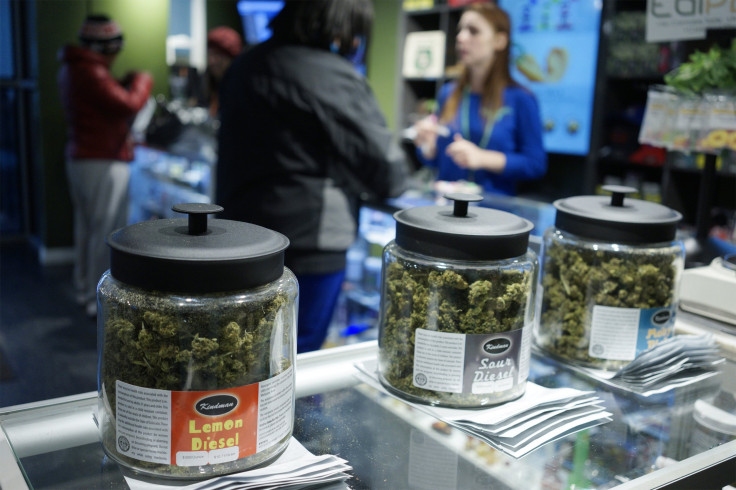Colorado's Tax Income From Legalizing Marijuana Is Less Than Expected, It Still Might Have To Give It Back

Colorado found out how much tax revenue it brought in from legalizing recreational marijuana -- and it is less than expected. The total for the first year of marijuana sales was $44 million, less than projections of $70 million, the state announced Tuesday.
The state of Colorado is still obligated to refund much of that $44 million unless it can persuade voters to let it keep the marijuana taxes. A 1992 amendment made to Colorado's state constitution, in an effort to reduce government spending, requires new voter-approved taxes to be refunded if the state collects more than is permitted under the law. Colorado's politicians will vote this spring on a ballot asking voters if the state can hold on to the marijuana tax income.
Sales tax data, released in December, offer a look at Colorado's first full year of legal pot sales, which began Jan. 1, 2014. The numbers are lower than many expected, and the state has already lowered spending of the taxes on substance-abuse treatment programs and other initiatives funded by the new income.
Governments around the world are closely watching Colorado, which is the first government to regulate the sale and production of marijuana. The numbers, released Tuesday, show that the tax revenue that pot has brought in is significant, but was likely hindered by producers and users who still choose to avoid government costs by trading on the black market.
While Colorado was able to bring in $44 million for the year, Washington, D.C. was able to bring in more than $26 million in six months, according to The Associated Press. Colorado also brought in an additional $32 million on industry fees and sales of medical marijuana.
© Copyright IBTimes 2025. All rights reserved.





















